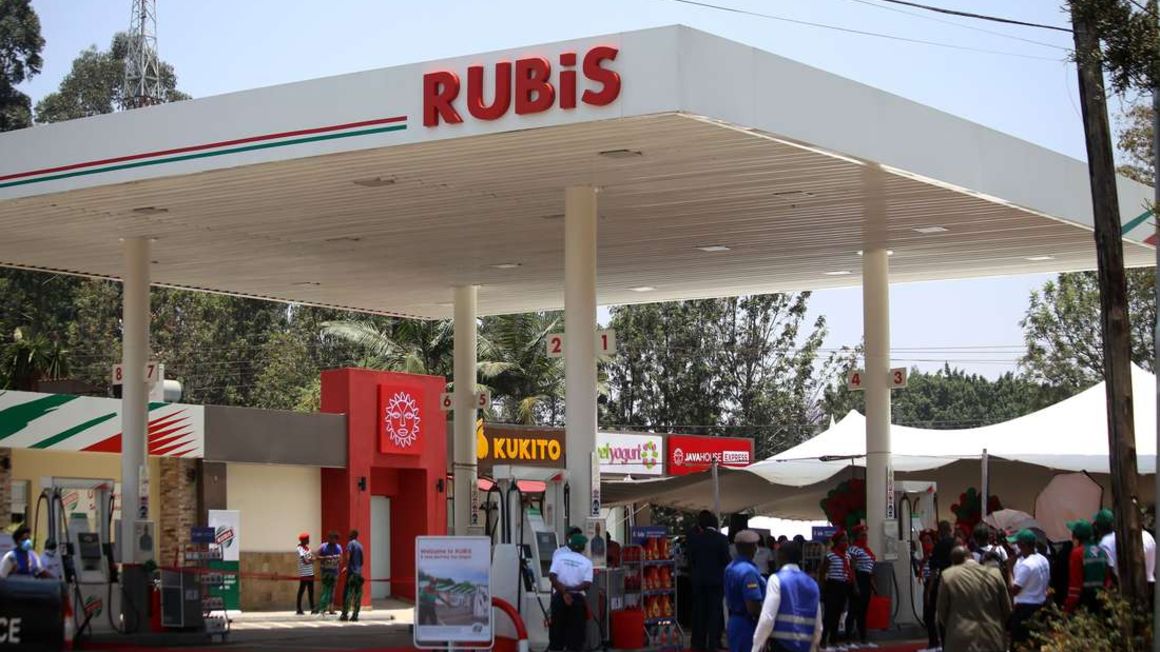Rubis Energy Kenya fuelling station at the United Nations Avenue in Gigiri, Nairobi. FILE PHOTO | NMG French multinational Rubis Énergie has saved €10 million (Sh1.2 billion) in its takeover of Kenya’s oil marketer Gulf Energy after negotiating the buyout price downwards.
Rubis says the deal, which was completed early this year, had a provision that allowed it to change the final price. The reason for the price adjustment was not disclosed.
The multinational acquired Gulf through KenolKobil – its first subsidiary in the Kenyan market — which it had bought earlier at a cost of $353 million (Sh38.3 billion).
“The securities were included in other financial assets in the amount of €139 million (Sh17.7 billion) as of December 31, 2019. The final price was €129 million (Sh16.4 billion) following the application of a price adjustment clause,” Rubis says of the Gulf transaction in a trading update.
The multinational spent a total of nearly Sh55 billion in the two deals that have given it an instant presence in the local and regional petroleum retail business.
The buyouts have catapulted Rubis to the top of Kenya’s retail petroleum market with a combined market share estimated at 20 percent, leaping over Total Kenya and Vivo Energy Kenya (the Shell licensee).
The multinational acquired KenolKobil’s operations in Kenya, Burundi, Ethiopia, Uganda, Rwanda and Zambia including 400 fuel stations.
Besides petrol and diesel for motor vehicles, KenolKobil sells aviation fuel, liquefied petroleum gas (LPG), lubricants and bitumen.
Gulf Energy, which recorded sales of €57 million (Sh7.2 billion) in the half year ended June, has a similar business profile and has storage facilities for the petroleum products in Nairobi and Mombasa.
Rubis says its Kenyan operations were hurt by the lockdown of the country in the wake of the Covid-19 pandemic.
“In Kenya, KenolKobil and Gulf Energy Holdings Limited were impacted by lockdown and severe inventory and margin effects in the aviation segment,” Rubis said in a review of its performance in the six months to June.The restrictions on domestic and international travel, which were in force between March and July, severely reduced demand for petroleum products.Sales of Total Kenya, for instance shrunk 45.3 percent to Sh44.4 billion in the six months to June. The company, however, improved its margins, marginally raising its net profit to Sh1.1 billion.Rubis is spending billions of shillings to rebrand the KenolKobil and Gulf fuel stations, a process it expects to complete by 2022. It also plans to build […]
